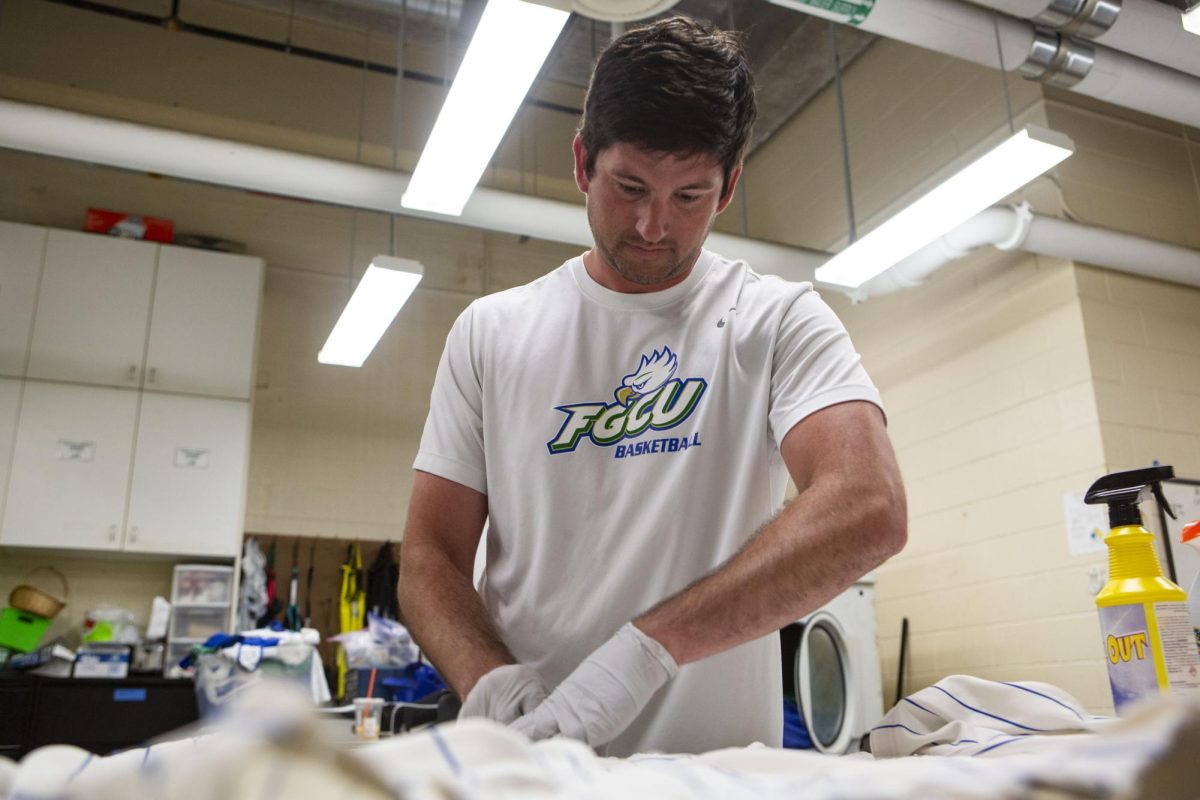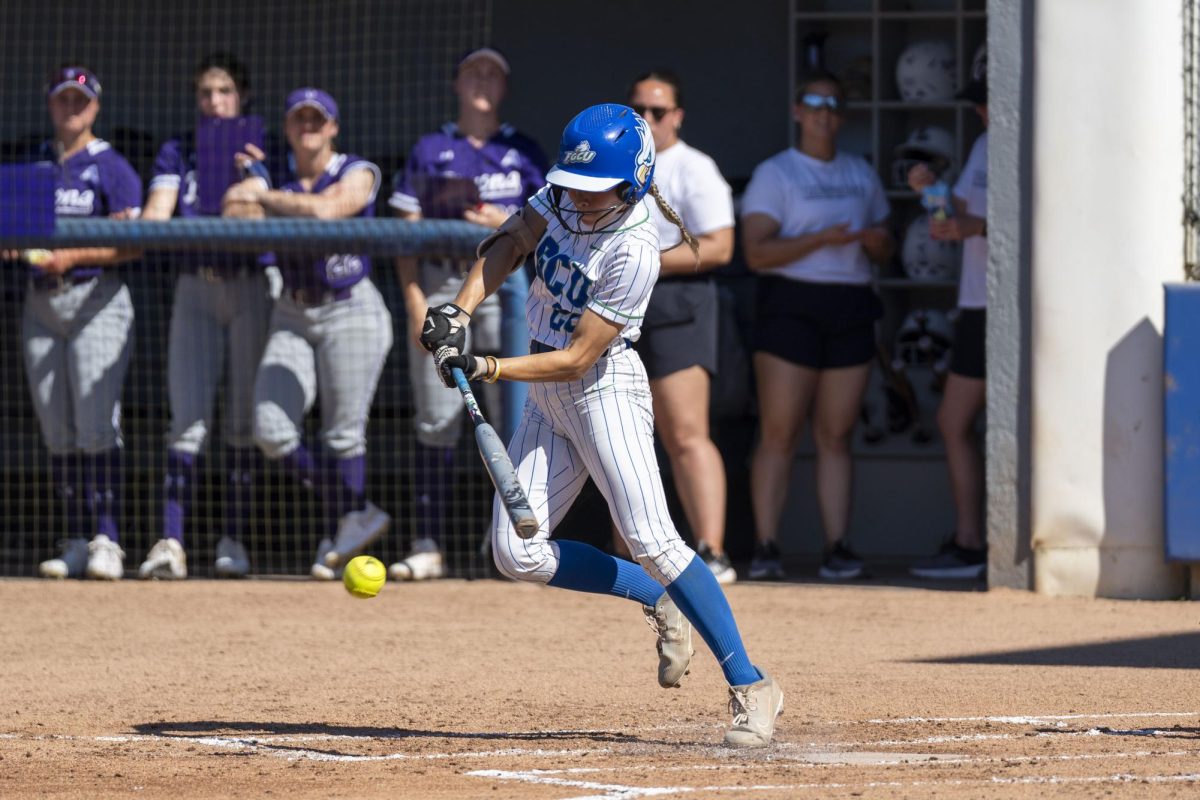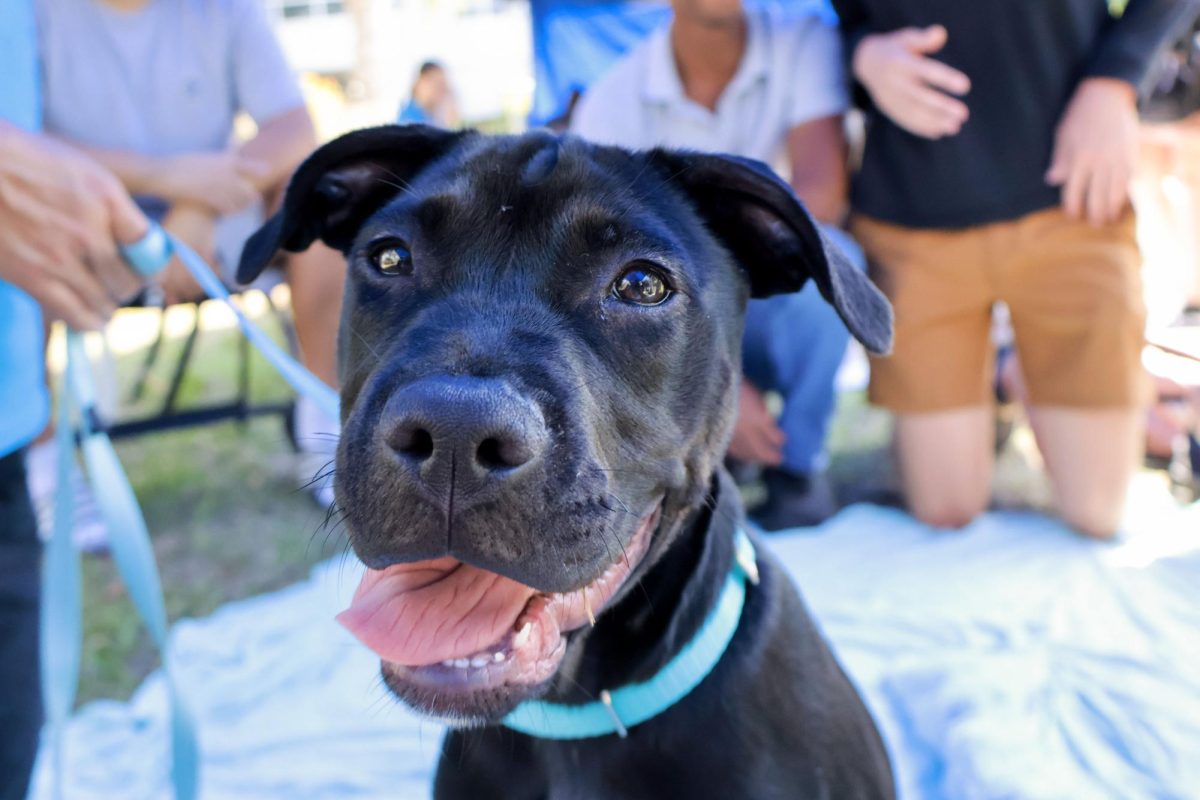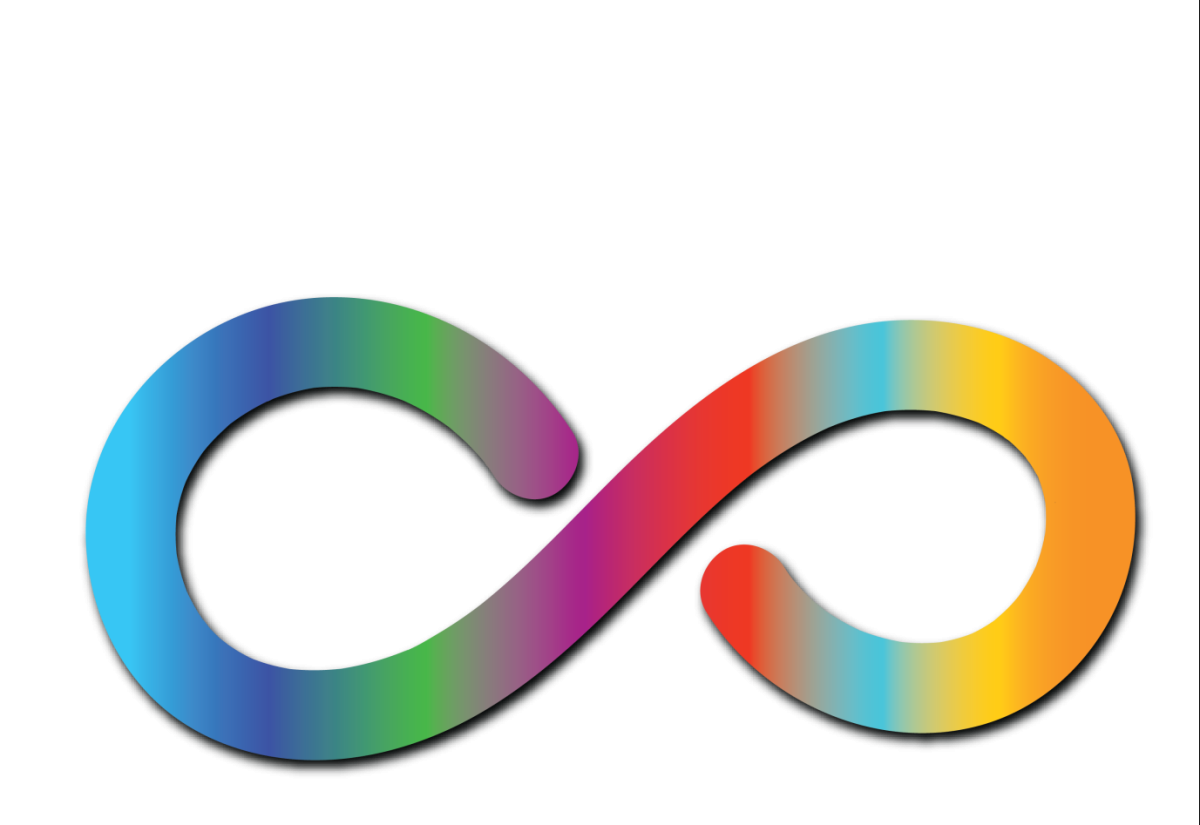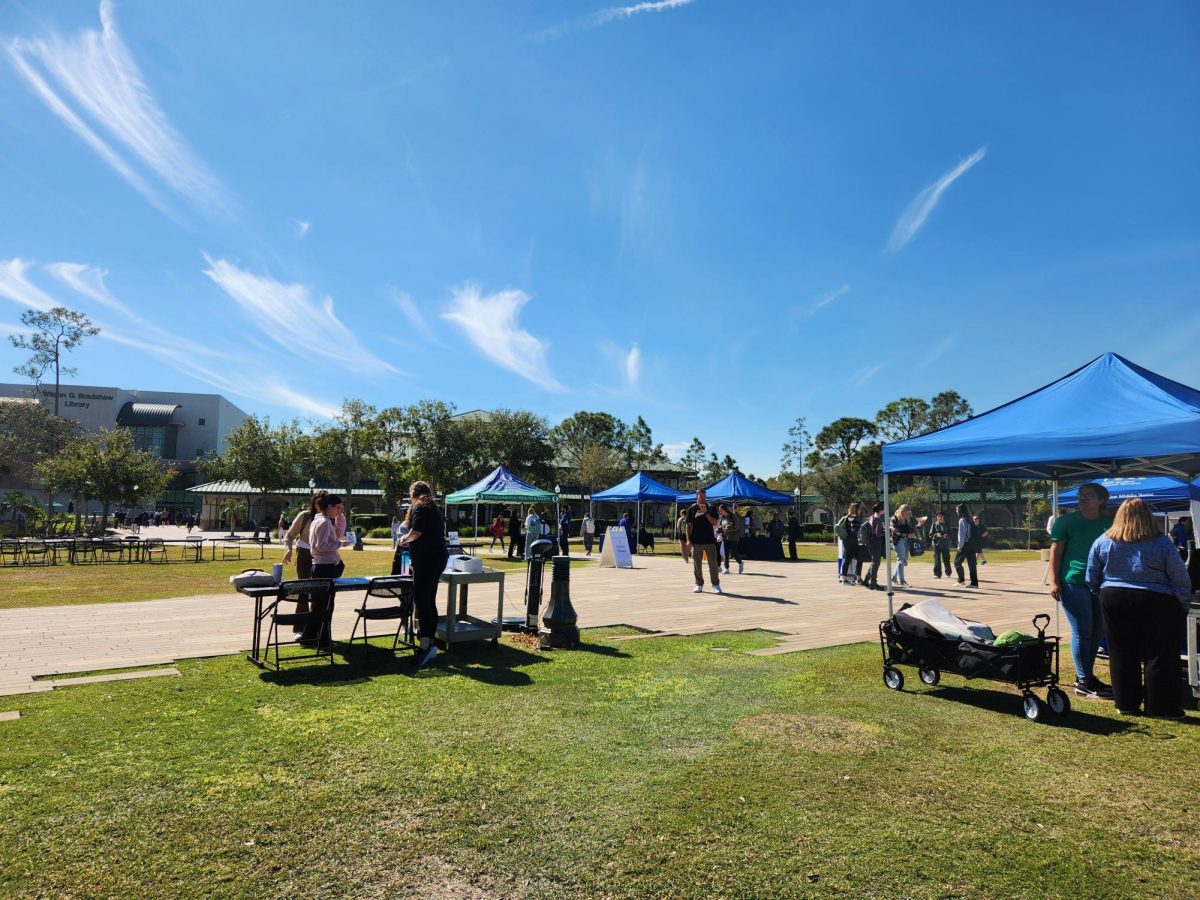Sometimes, I forget that freedom of speech is a right recognized only in the United States Constitution.
Doesn’t it seem like that should just be a human right? I think so.
Following a car bombing in Ankara, Turkey on Sunday evening that killed at least 34 people and injured more than 100, the Turkish President Recep Tayyip Erdogan announced a social media ban.
This is not new to Turkey – in the past few years, they have imposed social media bans following almost every terrorist attack they have.
These bans rarely work.
“Really, the best way to ensure the global media covers a bombing is to impose a broadcast ban on it,” Kareem Sheehan, a Middle East reporter for The Guardian tweeted.
Well, of course. Humans like to exercise their independence and go against what they’re “supposed to do.”
My family is from Venezuela, where since 2003, the media has been censored. This means that all media outlets have been owned by the government.
At certain times of the day, for sometimes five, six or seven hours, every radio station will be the president speaking. Speaking about what? Anything and everything that he feels like, and things that are unimportant.
When there are protests, bombings, killings, kidnappings, the grocery store shelves are bare, the media is not allowed to report on it.
The government wants everybody, especially the poor who may only have access to radio or intermittent TV, to believe everything is okay.
That is exactly what the Turkish government hopes to achieve by continually banning social media. If people can’t share gruesome images of what’s really happening, then it’s like it didn’t happen, right?
Wrong. The word will always get out. You can’t continue to oppress people and have horrible things happen and expect it to be okay.
I listened to a really interesting podcast the other day about a photographer who took pictures of a US Army soldier in his last moments of life, while medics tried to save him. His legs were mangled; it was bloody.
Because the soldier died, it was up to his next of kin to decide whether or not the photographer could publish the images. The family ended up not giving the permission.
The point was made that maybe the US population was much more involved and passionate about the Vietnam War when it happened because they felt more connected to it through photographs – there was no censorship back then.
It didn’t matter if you were injured or dead, your picture was going to get published back then.
Now, with all the laws there are regarding censorship even here in the US, it causes people to maybe be a bit more detached from the reality of war.
So, imagine if we never saw any images at all of the wars our troops are fighting in? What if our news stations never reported on it?
We would be irate. We would lash out. We would fight for our rights to know how our tax dollars are being spent and what state our military is in.
Turkey and Venezuela are not the only two countries to have imposed these bans. Iran and Egypt are also on that list – and guess what – it hasn’t worked in any of these countries’ favor. They are all in turmoil, politically, economically, and when it comes to human rights.
It’s times like these that I’m reminded how lucky I am to have been born in this nation, and yes, we have our own problems, but they truly pale in comparison when compared to a lot of the rest of the world.







